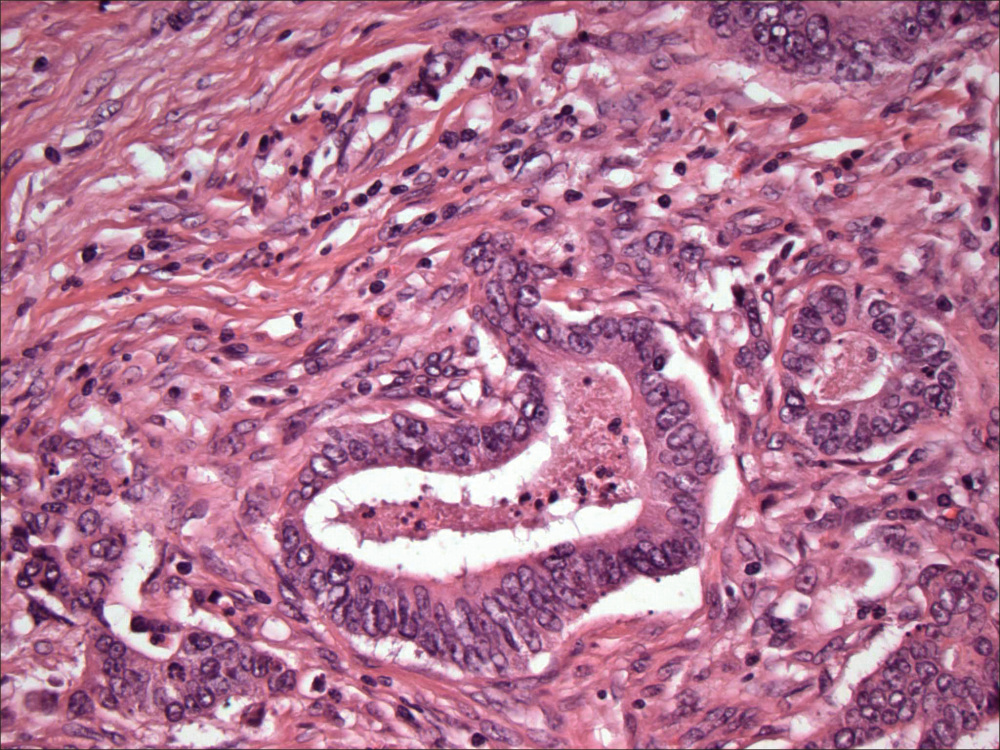Certain risk factors for colon and rectal cancer can’t be changed, such as older age, elements of family and personal history, and certain hereditary cancer predisposition syndromes. However, there are a number of steps people can take to reduce their risk, including screening and adjustments in diet and lifestyle.
The most important and effective measure is colon cancer screening, such as a colonoscopy, which can detect precancerous growths and remove them to prevent cancer from developing. As of May 2018, the American Cancer Society recommends that men and women of average colon cancer risk begin screening tests beginning at age 45.
“We have seen that colorectal screening helps with early detection especially in those 50 and above,” says Jeffrey Meyerhardt, MD, MPH, Clinical Director of the Gastrointestinal Cancer Center at Dana-Farber Cancer Institute. “However, colorectal incidence in younger patients has grown over past decade and we are hopeful that earlier screening can reverse this trend.”

For some people it may be advisable to start screening earlier. People at increased risk include those with a family history of colorectal cancer or polyps, and certain hereditary conditions, such as familial adenomatous polyposis and Lynch syndrome.
Lifestyle and Diet
Lifestyle factors that raise the odds of developing colon cancer include obesity and physical inactivity. Maintaining a healthy weight can reduce colon cancer risk; exercise, at least 150 minutes a week, can also be protective.
Diets that include a lot of vegetables, fruits, and whole grains, as well as less red meat and processed meats, may also help lower the chance of colon and rectal cancer. In particular, people who consume nuts several times a week have been found to have a significantly lower risk of death from all causes, according to recent studies. A new study also found that people with stage 3 colon cancer who regularly ate nuts had a lower risk of cancer recurrence and mortality.
Low-dose aspirin has also been recommended for adults age 50 to 59 who have cardiovascular risk factors to lower the risk of colon cancer, and adults age 60 to 69 should consult with their primary care provider to determine whether they should take aspirin for this purpose.
Colon Cancer in Young Adults
Although most colon and rectal cancer occurs in older people, there has been an increase in the rate of cases in young people, a trend that researchers are still trying to understand. According to a 2015 study in JAMA Surgery, researchers predict colon cancer rates will increase by 90 percent in people ages 20 to 34, and by nearly 28 percent in people 35 to 49 by 2030. A 2017 study from the American Cancer Society and National Cancer Institute discovered the same pattern.
It isn’t yet known why colon cancer rates are rising in young adults, but there are diet and lifestyle steps young people can take to lower their risk. Maintaining a healthy body weight, staying active, eating a balanced diet, and maintaining a normal vitamin D level have all been linked to a decreased colorectal cancer risk.
While the symptoms of colon or rectal cancer can be indicative of other conditions, young people should take an active role in their care and discuss any concerns with their doctor, says Kimmie Ng, MD, MPH, director of clinical research at Dana-Farber’s Center for Gastrointestinal Oncology. Symptoms of colorectal cancer include constipation, blood in the stool, change in the caliber of the stool, anemia, fatigue, abdominal pain, or nausea.
“Most of the time, patients and doctors attribute the symptoms of colon or rectal cancer in younger people to other conditions, such as hemorrhoids, which are more common than cancer in this age group,” Ng says. “There are no standard guidelines on when you should be tested for cancer as a young adult, so if the symptoms persist or worsen, you should notify your doctor.”
Learn more about colon cancer from Dana-Farber Cancer Institute.

Would the radiation from virtual colonoscopy be harmful for me. I have CMML but am stable except for h igh platelets and monocytes and am on hydox. I had last virtual in 2012 and in 2008 had regular colonos. and had 4 polyps removed but now colon is too mixed up to have regular colonoscopy.. My Mother had colon cancer at age 65 and recovered with surgery.
Hi Helen,
Apologies for the delay in response. Unfortunately, we cannot give medical advice through this blog or without a consultation.
If you are interested in making an appointment at Dana-Farber, I have provided some information below:
If you are able to travel to Boston to meet with our treatment team, please call 877-442-3324 or fill out the online appointment request form located on our website here: https://www.dana-farber.org/request-an-appointment/ Once you begin the process of making an appointment for a new patient, you will be able to address specific questions with a new patient coordinator, and furthermore with the treatment team.
If you are not able to travel to Boston to meet with the treatment team, Dana-Farber offers the Online Second Opinion Program, which allows patients to get an expert second opinion from a Dana-Farber oncologist, without traveling to Boston. The Online Second Opinion program is secure, convenient, and confidential. The entire process is conducted online – including collecting records – helping to avoid disruptions to one’s regular schedule, while also saving on travel and lodging costs in Boston. You can learn more about our second opinion program located on our website here: http://www.dana-farber.org/appointments-and-second-opinions/online-second-opinion-program/
We are wishing you all the best,
DFCI